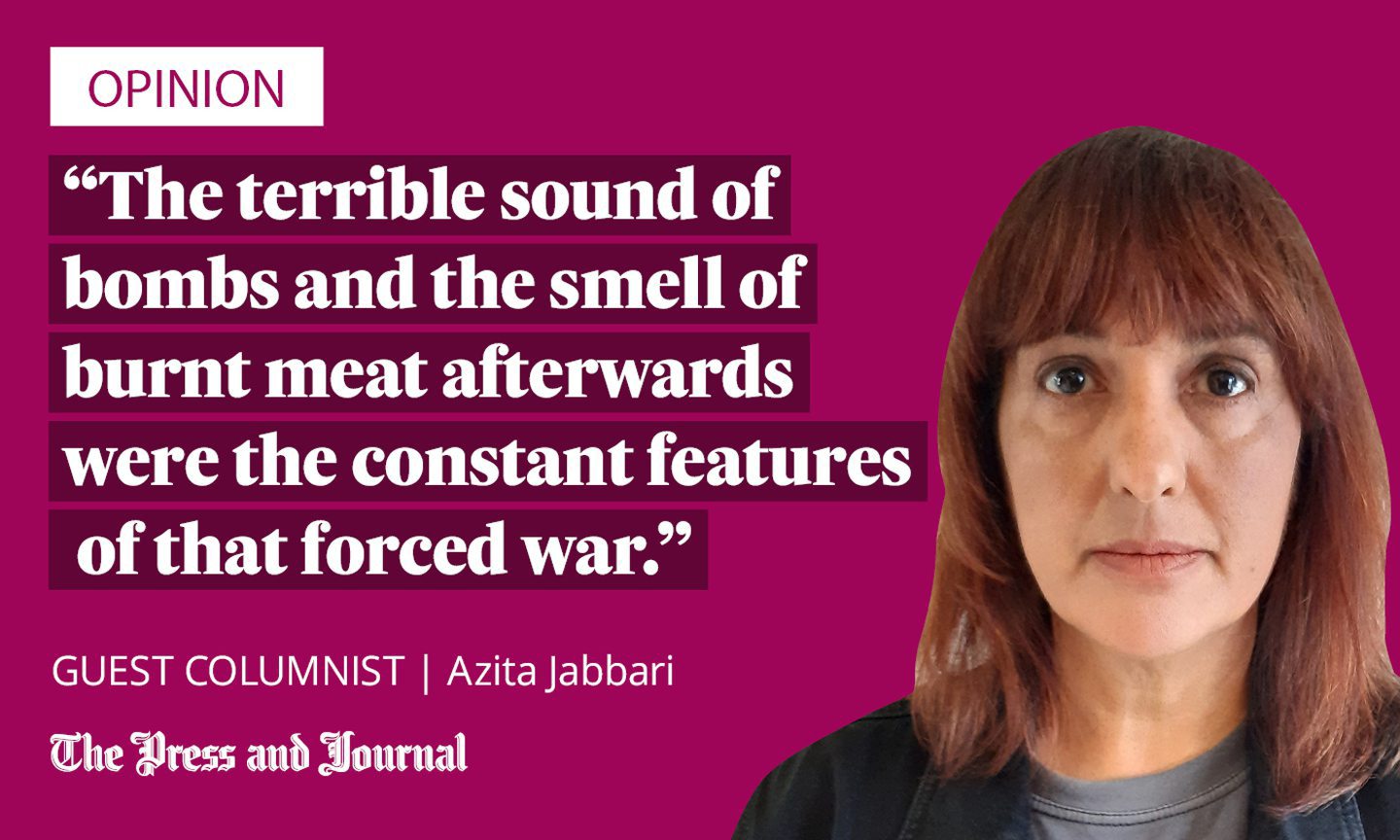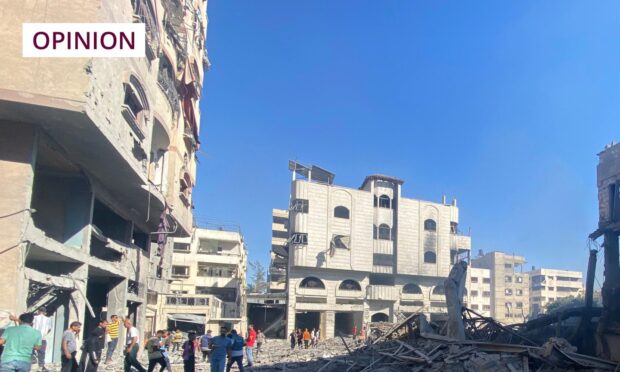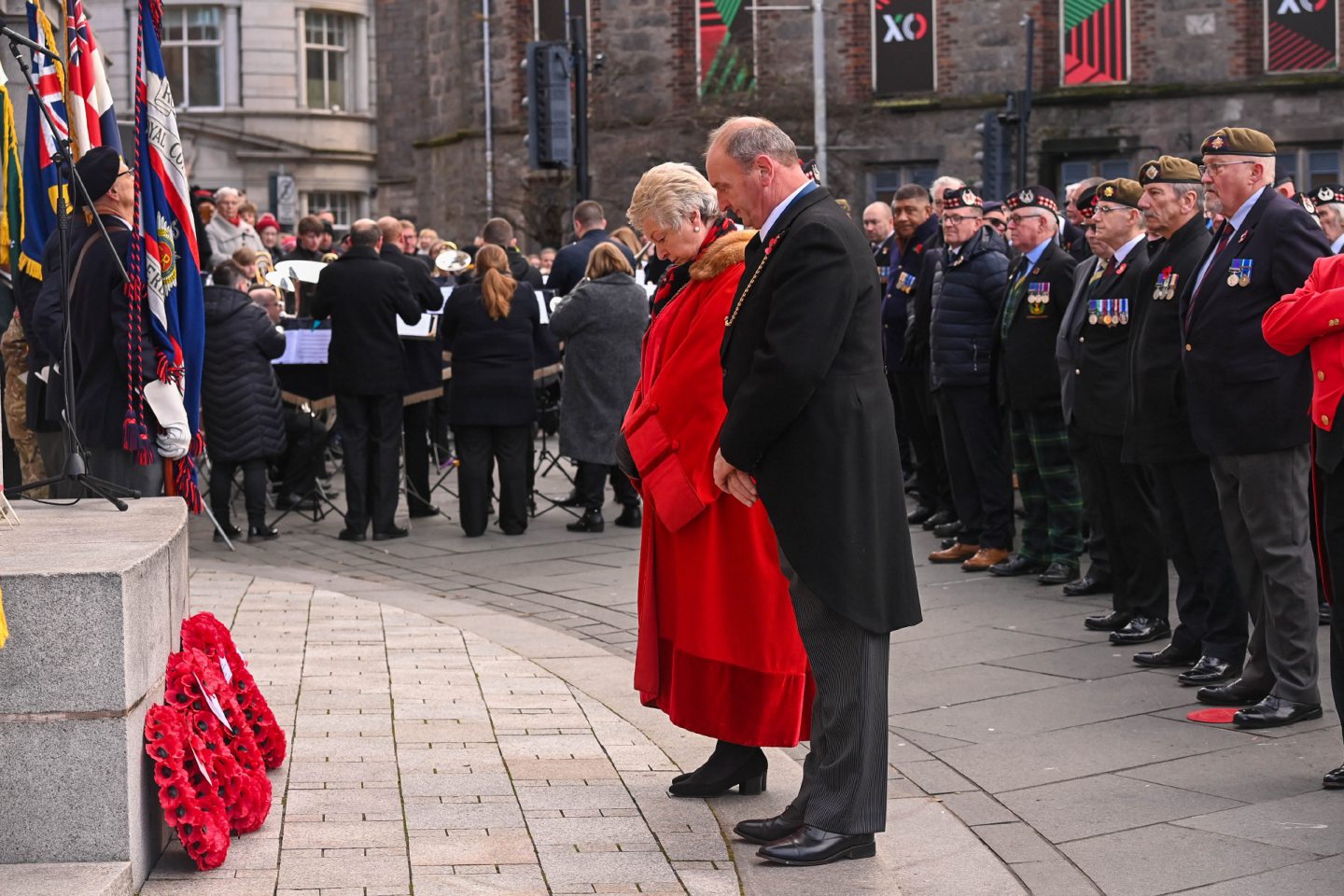In the late-1980s, while the Iran-Iraq war was continuing, I witnessed the horrors of it, to some extent.
The blackouts, the missiles’ terrifying noises as they approached Tehran – while we sighed in relief when they didn’t hit our house that night. The terrible sound of bombs and the smell of burnt meat afterwards were the constant features of that forced war. It really felt like citizens were playing a lottery with their lives.
There was also partial hunger due to a lack of food, and serious illnesses were not always treated because of shortage of medicine.
I only visited Tehran during university holidays, and the effect of that horror is still with me, and with all those who survived it. Lasting side effects include jumpiness on hearing any loud noises and never expecting calmness and good things to last long.
The one million people in total killed on both sides paid the heaviest cost of the war. We witnessed thousands of civilians being used as affordable collateral damage on the road to gaining power and wealth for some Western governments.
Apart from global weapons suppliers (including from the UK, earning billions of dollars), who benefitted from that war? Even ordinary Western citizens lost out.

The Iraq-gate scandal revealed that, using taxpayer-guaranteed loans, the United States sent $5 billion to Iraq between 1985 and 1989 to finance Iraq’s unprovoked attack on Iran. I am sure homeless people in the US, or people who could not afford healthcare, would have appreciated that money being spent on them.
Fast-forwarding to current events, with Israel’s war on Gaza and Russia’s occupation of Ukraine, we can easily see global weapons manufacturers are the only winners.
Many companies, including Lockheed Martin, Caterpillar and BAE Systems, have benefitted from the Israel’s war on Gaza, to the tune of hundreds of millions of dollars. Most of the numerous arms sent to Israel have been financed by US and UK taxpayers’ money.
The UK knows all too well the lasting impact of war
To date, over 37,000 Palestinians – most of them children and women – have been killed in Israel’s war on Gaza, and an unknown number of people remain trapped under rubble. There were also around 1,100 Israelis killed by Hamas at the start of the war.
I will not discuss the politics of this conflict. However, I believe a two-state solution, recommended several times by the United Nations, has not been explored by the key players: Israel, the US and Europe, including the UK. The International Court of Justice’s ruling for prevention of genocide does not seem to have been heeded either.
So far, during the Russia-Ukraine war, over 10,000 civilians have been killed in Ukraine, as well as many soldiers from both sides.
Today’s conflicts may seem far removed from our everyday lives, but it is not so long since people living in Scotland witnessed their own horrors, and lived in fear. The UK knows all too well the lasting impact of war.
During the First World War, while Scots made up only 10% of the British population, they accounted for 15% of the national armed forces. Eventually, they represented 8.3% of the UK’s 887,858 citizens who died during the conflict.
During the Second World War, 34,000 Scots died in combat, and around 6,000 civilians were killed, many during air raids on Scotland. The proximity of north-east Scotland to German-occupied Norway meant attack was a very real possibility.
This country has a proud tradition of honouring its war dead. Phrases like “lest we forget” and “never again” crop up during these annual remembrance ceremonies. Yet, the average UK citizen’s taxes are currently funding atrocities elsewhere.
Do we really wish to be pawns in the deadly chess game of war?
These days, it is not difficult to imagine that history might repeat itself with an unimaginably horrid Third World War, during which several countries have access to nuclear weapons.
Can we, helpless civilians, afford to wait for that day to arrive? Do we really wish to be pawns in the deadly chess game of war?
I am reminded of Jean-Paul Sartre’s quote: “When the rich wage war, it’s the poor who die.”
Azita Jabbari is a policy and research professional working in Scotland. This article expresses her personal, research-based opinion
- This comment piece is part of a partnership with Pass the Mic, a project focused on increasing representation of women of colour in Scottish media


Conversation